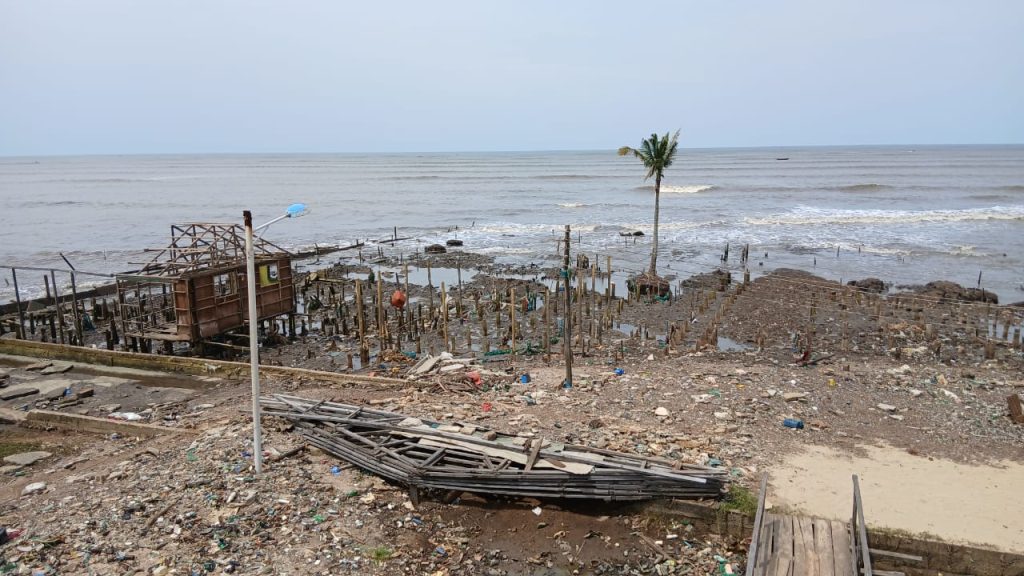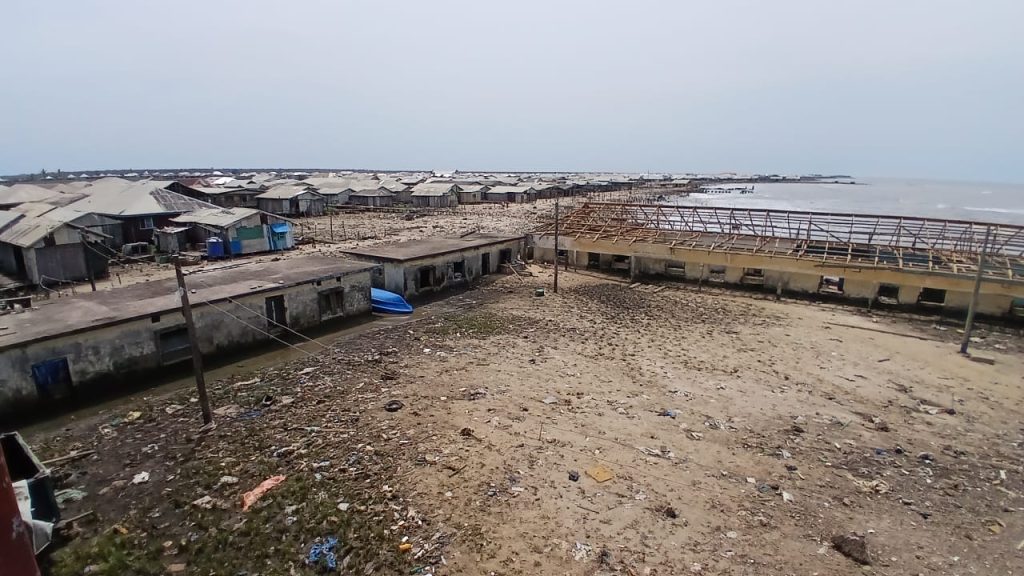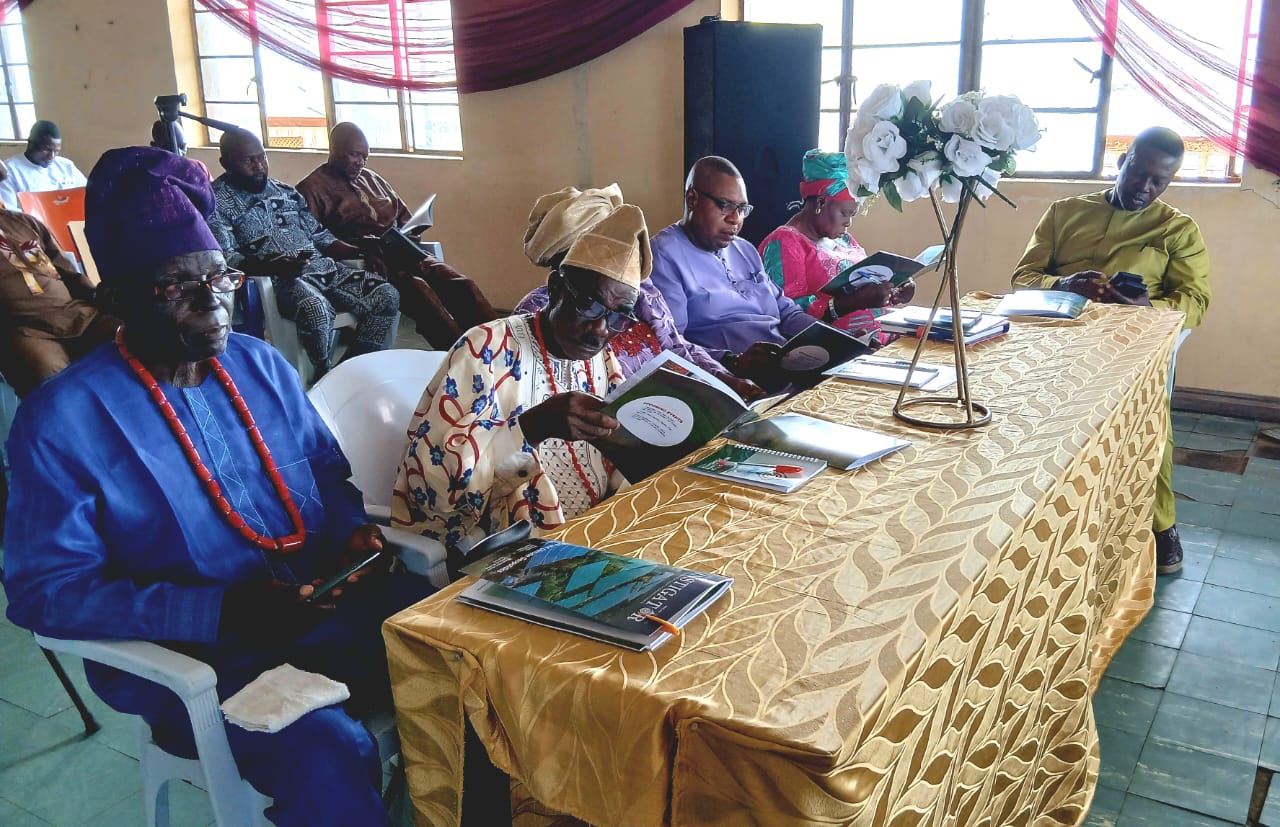An ecological think tank organization that advocates for environmental/climate justice and food sovereignty in Nigeria and Africa at large, has held a one-day community diagnostic dialogue.
The event, organised by the Health of Mother Earth Foundation HOMEF, brought together coastal and non-coastal community members.
It was organized to assess their environmental challenges and outline actionable steps to protect their heritage.
The dialogue highlighted survival stories and community resilience in the face of oil spills, gas flaring, and other ecological threats.
The devastating impacts of oil and gas activities, ranging from environmental degradation and livelihood loss to health risks and climate change, were starkly evident. These burdens leave communities vulnerable.
Places like Ogoniland, Okrika, Ogba-Egbema-Ndoni in Rivers State, and most states in the Niger Delta region, oil spills and gas flaring have posed significant environmental and health challenges, impacting local communities and ecosystems, with gas flaring contributing to climate change and acid rain, while oil spills contaminate water and soil.
Expressing regret over the devastating, tragic environmental condition of Aiyetoro, a once-thriving coastal town in Ondo State, HOMEF revealed that “once celebrated as the ‘Happy City’ for its communal harmony, Aiyetoro now faces near-total collapse due to rising sea levels, worsened by global warming and oil exploration.
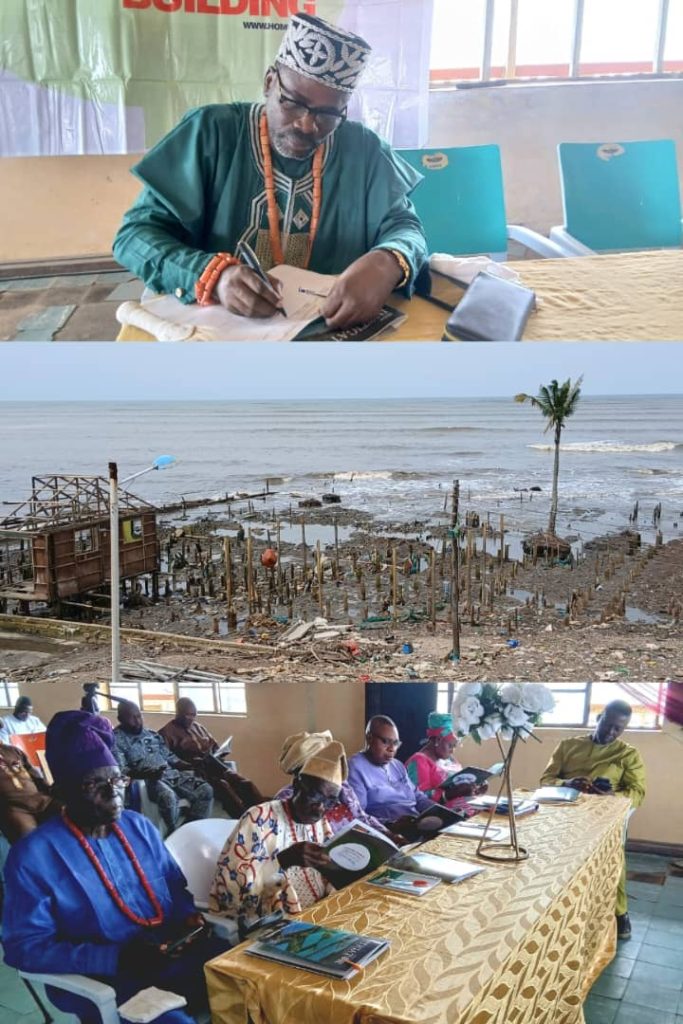
Also Read: HELDi Launches Grassroots War Against Gender-Based Violence in Omoku
“Flooding has destroyed homes, the cemetery, and even the town’s iconic worship center, threatening its existence. The community is being washed away due to sea encroachment. There is also the issue of pollution from oil spills.
“Sixteen years after the NDDC awarded the multi-billion-naira shore protection project aimed at rescuing the community, with billions of naira already paid to the contractors, nothing is on the ground to stop the ocean surge that is fast washing the community away.”
Speaking during the one-day dialogue, Stephen Oduware, a programme officer at HOMEF, stated that the meeting exposed how environmental assets, Community Ecological Defense Norms, Environmental Challenges and Hazards, and Needed Action can be documented.
According to him, “the community faces sea encroachment and occasional oil spills that flow with the tide. We are here to put together recommendations to bring out the great impact faced by the people. There is a need for urgent action; government presence must be felt so Ayetoro does not go extinct.
“Community members were trained to build solidarity, integration, and responsibility. They have learned to organise across the community’s strata to enthrone the change and justice they yearn for. This meeting had over 80 participants drawn from the Aiyetoro community and beyond. Strengthening the capacity of community people to organise themselves to make their voices heard and to build the capacity of community people to advocate the needed change.
“The traditional ruler of the community, Oba Oluwanbe Ojagbownmi JP, the Ogeloyinbo of Ayetoro community, appealed to governments at all levels to come to their aid despite the involvement of multinational corporations, which has not only contaminated their waters but also contributed to the worsening sea incursion.
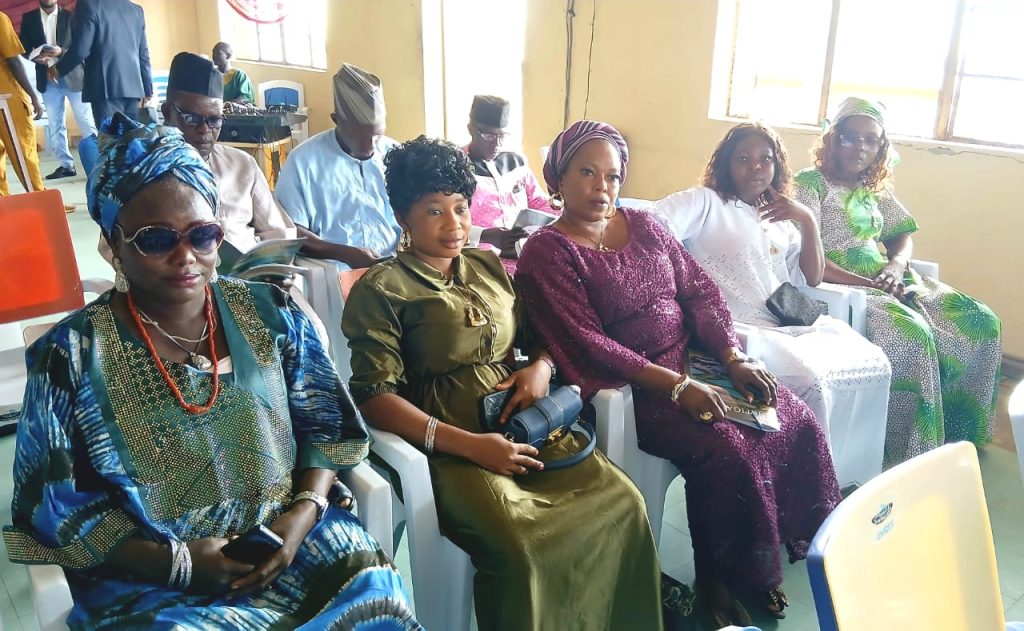
Also Read: Uniport Reacts To Illegal Dump Site In The University
“The training has exposed us to the dangers around us. There is a need to galvanise an effort towards restoration and how to maintain a clean and green environment. I call on all coastal and frontline communities affected by environmental issues to come together and have dialogues that create an avenue for the people to be heard.”
On his part, Oba Ajemosu of Jere land called on the government to save the land, stating that “We are suffering due to ocean surge; we hope that the government will come to our aid. Every community in this area suffers from ocean surges; in a couple of years, this place will no longer exist.”
Also speaking, another participant, Mrs Mofeoluwa Arowolo, stated that since the encroachment began, economic life has gone, affecting education and all aspects of life.
She lamented that “as a mother, I have to look for more money to train my children because the sea encroachment has destroyed the schools in this community; up to now, the technical school can no longer be seen.
“My place of residence has been destroyed. I live in a rented apartment now because of the loss of our house; our health center and our health are gone. We live in panic now because we do not know when houses will go down.
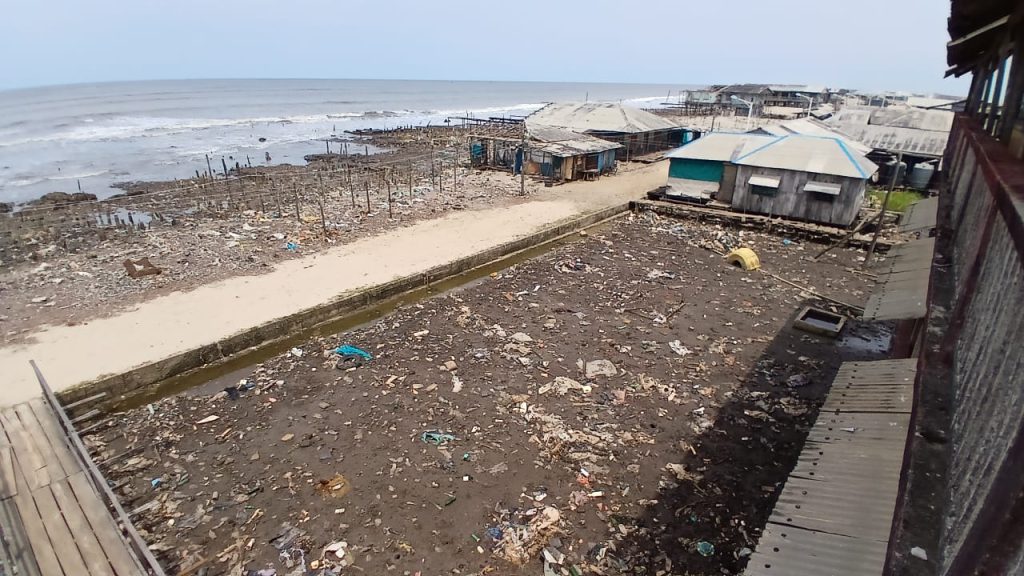
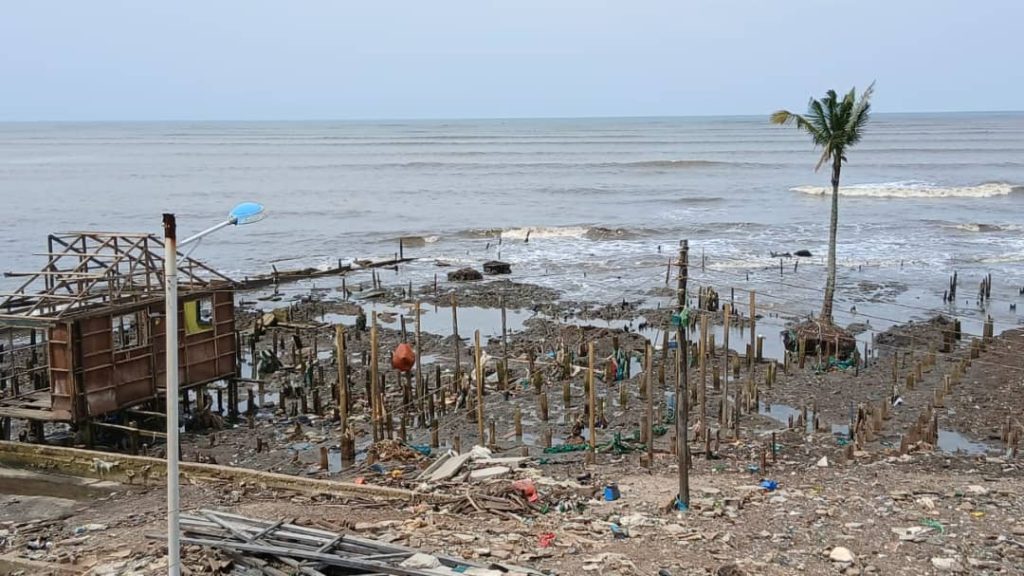
“We are crying and calling on the government to rescue us.”Over 80 participants from Aiyetoro and neighboring areas were trained in solidarity-building, advocacy, and grassroots organizing, empowering them to demand justice and sustainable change.”
Over the years, HOMEF has facilitated meetings with communities to strengthen their capacities to identify environmental, socio-economic, and well-being issues and to mobilise and take action(s) that foster solidarity and protect their environment.
Community members shared their struggles, reinforcing the urgent need for collective action against extractive industry abuses. The event also established a network of eco-defenders to amplify the knowledge gained, ensuring broader community resilience.
The dialogue underscored that affected communities must unite, strengthen their voices, and take decisive steps to safeguard their environment and future.
